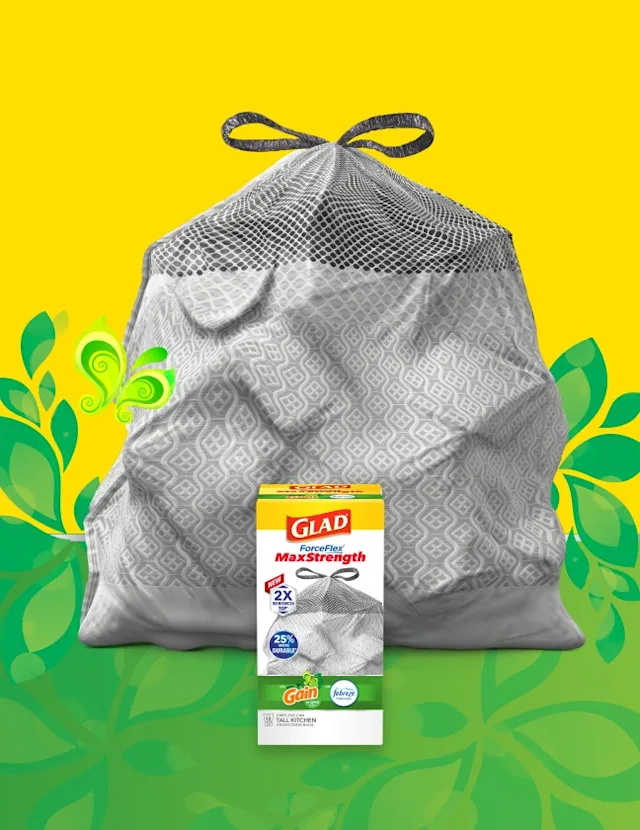- The end of winter is a good time to prepare your yard for warmer days ahead. There are a few key tasks you should add to your spring yard cleanup checklist to help your lawn and garden transition smoothly into summer — AKA growing season.
Why Spring Yard Work Matters
The principle behind spring yard work is the same as indoor spring cleaning: out with the old, in with the new. Early spring is the perfect time to assess your yard, remove winter debris, and prepare your lawn for the months ahead.
Adding lawn care to your spring checklist gives your yard a head start by:
- Encouraging deep, strong root growth
- Helping to prevent weeds
- Promoting lush, green grass even in hot, dry weather
Simple Spring Yard and Lawn Cleanup Tips
Spring yard work is all about timing and knowing the best yard cleanup tools and tips. Use these Spring yard cleaning tips to keep your lawn maintained as the weather warms up.
Know Your Grass Type
First things first. Understanding your grass type can help you tailor your lawn care routine:
- Cool-season grasses (e.g., Kentucky Bluegrass, Bentgrass, Ryegrass): These grow actively in spring. Focus on strengthening them for summer.
- Warm-season grasses (e.g., Bermudagrass, Carpetgrass, Centipedegrass): These start growing after the last frost. Wait to mow until growth begins.
Wait to Fertilize
Applying fertilizer too early can feed weeds instead of grass. Wait until your lawn shows signs of life—like turning green or sprouting new growth. If you know your grass type, look up specific fertilization guidelines for best results.
Remove Yard Debris
Dispose of any debris around your yard that’s accumulated over the winter:
- Gather and compost dead plants, branches, leaves and twigs
- Use Glad Heavy Duty ForceFlex Bags for heavier rocks and litter
- Learn how to make a compost bin for your yard scraps, plants, flowers, leaves and more.

Tune Up Your Tools
Early spring is a great time for routine cleaning and maintenance of your lawn and gardening tools.
- Change the oil, air filter, and spark plug on your mower
- Sharpen mower blades and pruning tools
- Clean and inspect other gardening tools and equipment

Spring Cleanup Yard Landscaping
Once the season is in full swing and your soil is dry enough to handle more intensive spring maintenance, it’s time to get to work. Here are some tasks to add to your spring yard cleanup checklist.
Step 1. Remove Thatch:
Once your yard is dry, use a dethatching rake to remove thatch — small pieces of dead grass — that has accumulated on top of your lawn. A regular yard rake will also work for this task, though it might not be as efficient if there’s a lot of thatch to remove. If you don’t remove thatch, it can build up and block essential things like sunlight, air, and moisture from reaching your grass, making it harder for your lawn to thrive.

Step 2. Prune Your Plants:
Next, use the spring season to clean up your existing flowers, shrubs, and other plants. Remove dead annuals and prune dead twigs and branches from any perennials. If you don’t remove the dead bits, they may not get proper amounts of sunlight, which can discourage new growth.

Step 3. Mow When Ready:
Whether you’re eagerly awaiting or positively dreading the beginning of lawn mowing season, it’s important to know when to start mowing. A good rule of thumb is to wait until it’s at least 40°F and your grass has grown 2–3 inches tall before you mow for the first time. Watch your lawn during the spring and clean it up when the time is right.
Spring cleaning can give your yard the boost it needs to thrive throughout the warm weather season. See how a little effort now can pay off all year long.
For more details about yard maintenance checkout Glad’s DIY guide to yard work and waste cleanup.
TRASH BAGS FOR YOUR TOUGHEST JOBS— IN AND OUT OF THE KITCHEN


Please enable cookies to shop


Please enable cookies to shop


Please enable cookies to shop


Please enable cookies to shop


















